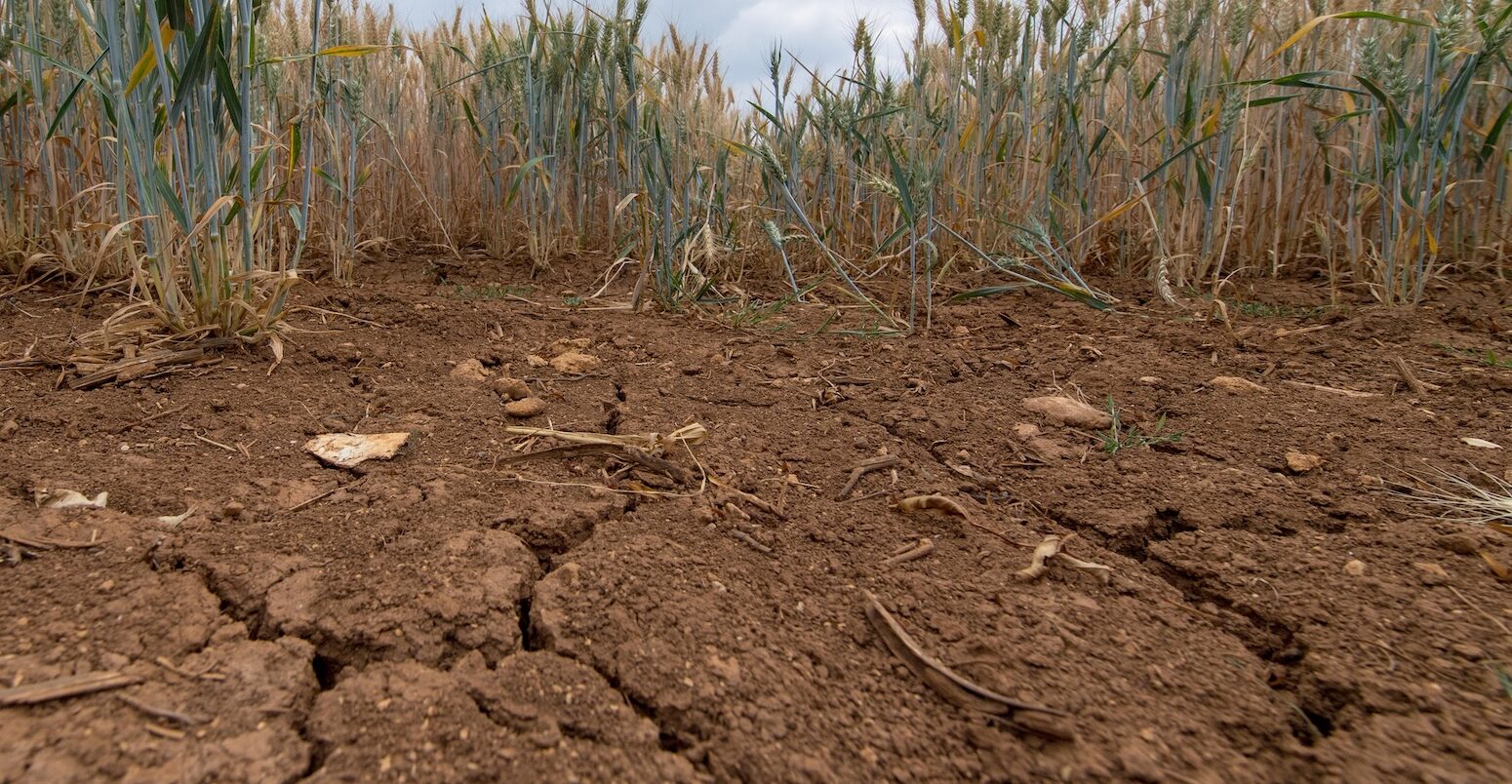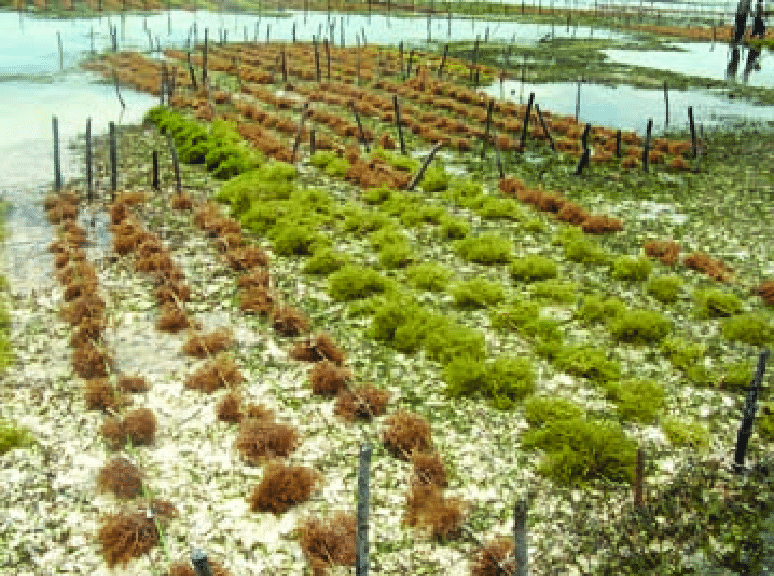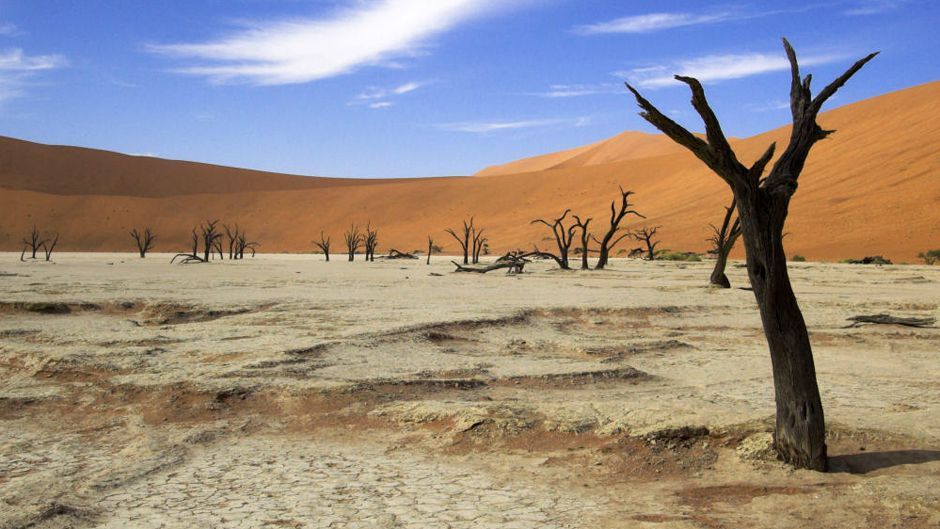Scholarship opportunities
Contents
We are looking for talented students who wish to design their own PhD research project on a topic within the scope of the research theme Adaptive life. Please click on the following link for a non-exhaustive list of topics and associated supervisors: https://www.rug.nl/research/fse/themes/supervisors/adaptive-life-research-topics.docx
Applicants are advised to contact potential supervisors before applying.
As a PhD scholarship student, you will develop your own research project in consultation with the associated supervisor(s). You will conduct independent and original scientific research, report results via peer-reviewed publications, conference presentations, and ultimately a PhD thesis. The PhD thesis has to be completed within four years. Being part of a cutting-edge research programme, you will receive training in the form of hands-on instruction, advanced courses, summer/winter schools, as well as complementary workshops on generic research and transferable skills. Special attention is paid to training activities directed towards your future (academic or non-academic) career after the PhD trajectory, in the context of our Career Perspective Series.
Qualifications
We are looking for highly motivated, proactive and diligent researchers with good communication skills and the ability to work in an interdisciplinary team. Demonstrable command of the English language is a prerequisite. Successful candidates have completed a Master’s degree (or equivalent) that is relevant to the topic of interest.
Organisation
The University of Groningen is a comprehensive research university with a global outlook, deeply rooted in Groningen, City of Talent. Quality has been our top priority for over four hundred years, and with success: the University is currently in or around the top 100 on several influential ranking lists.
The Faculty of Science and Engineering (FSE) is the largest faculty within the University. We offer first-rate education and research in a wide range of science and engineering areas, from astronomy and biology to nanoscience and mechanical engineering. Our community has an open and informal character with students and staff from around the world.
We offer 9 full scholarships for PhD projects within our research theme Adaptive Life.
A core aspect of living systems is their ability to adapt to their environment and to environmental change. There are two different forms of adaptation: 1) the short-term physiological, neurobiological and behavioural processes of organisms and their interactions as a response to their local conditions, 2) the long-term eco-evolutionary response of populations, ecological communities and ecosystems to challenges imposed by their environment. Traditionally, these two forms of adaptation have been studied largely separately, by different scientific communities. Yet, the short-term responses of individuals have been shaped by evolution, while the course and outcome of evolution strongly depends on the possibilities and limitations of the short-term changes allowing phenotypic plasticity.
In the Adaptive Life program we aim to integrate both approaches, crossing traditional borders of research fields and institutes, providing new foundations for the life sciences.
Our current focus areas are (a) Modes of adaptation (among others developmental, phenotypic and behavioural plasticity, maternal effects and epigenetic inheritance, learning, and environmental engineering); (b) Adaptive diversity and diversification (such as various forms of selection, dispersal and migration, speciation and adaptive radiation, competition and facilitation; (c) Architecture of adaptive systems (including genomic architecture and gene regulation networks, the holobiome (e.g. gut flora), neural networks and brain architecture, behavioural syndromes, food webs and ecosystems).
Conditions
The position is offered within the UG PhD Scholarship Programme. This programme is issued by the Dutch Ministry of Education, Culture, and Science (OCW) within the framework of the national PhD Scholarship Programme. PhD scholarship students receive a scholarship (stipend) of € 2,181 per month (gross) from the University of Groningen for a period of four years. PhD scholarship students are not employed by the university. PhD scholarship students have therefore different rights, obligations, and a different income than employed PhD candidates. Please consider the terms and conditions of the PhD Scholarship Programme on the following website: https://www.rug.nl/education/phd-programmes/phd-scholarship-programme/conditions-application
Application
The selection procedure will proceed in three stages:
1. Application (before 1/4)
2. Development of a full research proposal (1/4 – 29/4)
3. Assessment by selection committee (29/4 – 1/6)
1. Application
Please upload your complete application in English until 1 April 11:59 pm / before 2 April 2020 Dutch local time. Combine all required documents in a single PDF file and upload it via the online application form (click on ‘Apply’ below on the advertisement on the university website to access the application form). Please use the following format to complete your application file:
a) Title page (1 page max.):
- Topic number and name (see above link for list of topics)
- Name of the applicant
- MSc degree and university
- Name(s) of the intended supervisor(s)
- Intended starting date (1 July, 1 August, or, ultimately, 1 September)
b) Cover letter (1 page max.): a letter introducing yourself, describing your motivation and qualifications to conduct scientific research in the topic of your choice, and your expectations of the PhD programmec) CV (2 pages max.)
d) Academic records and a certified copy or scan of your MSc diploma (or equivalent; provide a certified University letter stating when your graduation will be between the application deadline and start of the project)
e) Proof of sufficient competence in English (https://www.rug.nl/research/gradschool-science-and-engineering/phd-programme/admission/english?lang=en)
f) Names and contact details of two academic references
g) Initial research project idea: brief description of the research question(s) that you wish to address with respect to the topic of your interest and your approach to address the research question(s) (500 words max.)
Applications that do not satisfy the requested format will not be taken into consideration.
2. Development of a full research proposal
The application files of candidates will first be assessed by the intended supervisors. On the basis of the observed qualifications of the candidates, the quality and originality of the candidates’ initial research project idea, and the fit with the supervisors’ ongoing research, (teams of) supervisors will invite up to three candidates to develop their initial project idea into a full research proposal of approximately 1500-2000 words (excluding references). The proposal must include:
- Introduction, importance, state of the art, fit with Adaptive Life
- Main goal(s) and research question(s)
- Approach and methods
- Feasibility, research budget and timeline.
In the course of this stage, (teams of) supervisors will nominate at most two candidate(s) for a PhD scholarship to the selection committee.
3. Interviews and final selection by the selection committee
A selection committee will assess both the application and full research proposal of nominated candidates, using the following criteria:
- qualifications of the candidate: grades, research experience, motivation
- the research proposal: i.e. quality, originality, feasibility, and fit with the (interdisciplinary) research theme
- the admission requirements of the Graduate School of Science and Engineering.
The highest ranked candidates will be invited to an interview with the selection committee. This interview will take place in May 2020.
Timeline
Publication of the call: 28 February 2020
Deadline for application: 1 April 2020
Interviews: May 2020
Announcement of selected/rejected candidates: 1 June 2020
Start of the position: between 1 July and 1 September 2020
Unsolicited marketing is not appreciated.
Information
For information you can contact:
- Dr Corine M. Eising, GELIFES PhD/Scientific coordinator, +31 50 3639140, c.m.eising rug.nl
Please do not use the e-mail address(es) above for applications.




